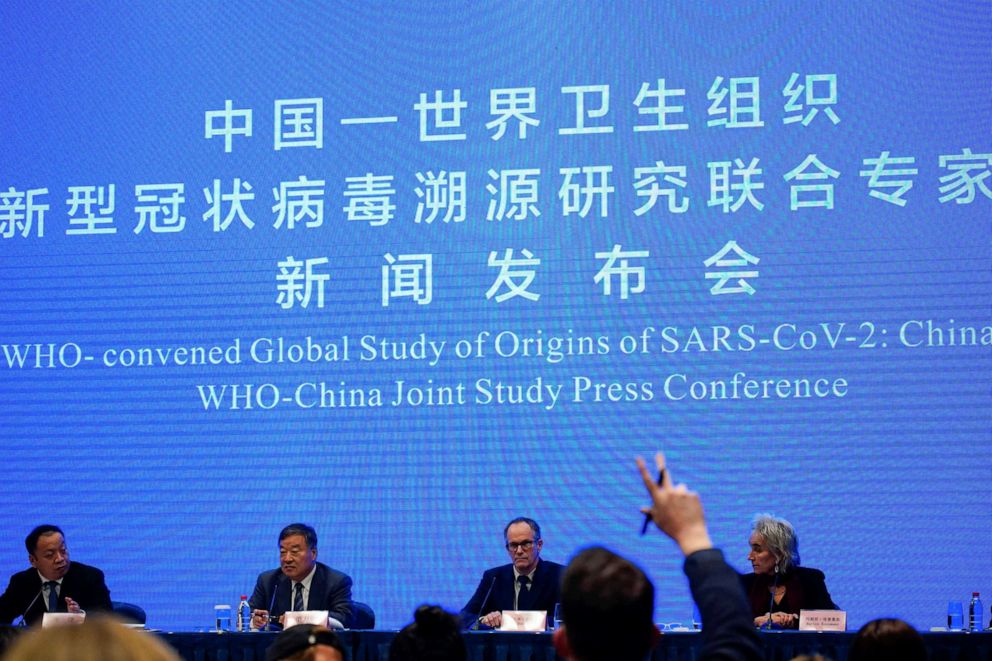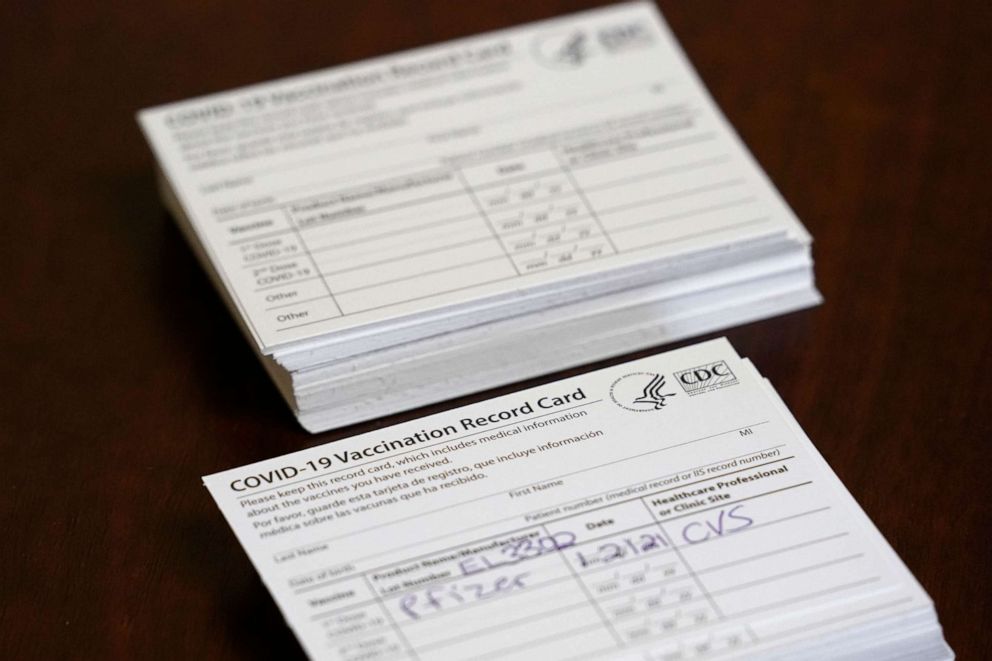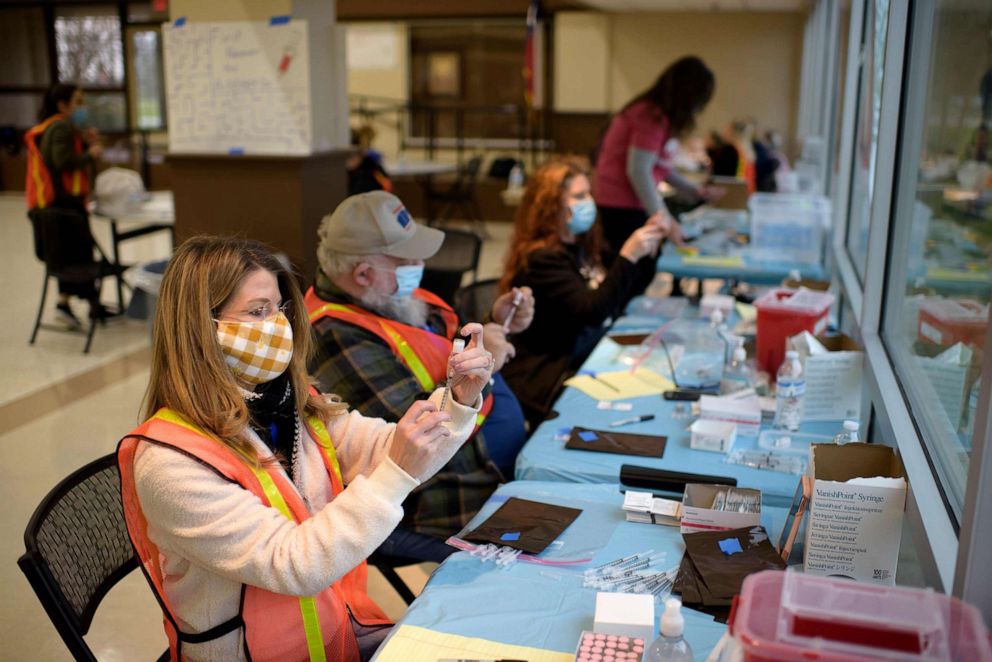'Extremely unlikely' virus came from Chinese lab, WHO experts say
An international team of World Health Organization experts investigating the origins of the coronavirus pandemic said Tuesday it's "extremely unlikely" that the virus was leaked from a laboratory in the Chinese city of Wuhan.
The Wuhan Institute of Virology, which is affiliated with the government-run Chinese Academy of Sciences, has collected extensive virus samples, sparking speculations that it may have caused the original outbreak by leaking the novel coronavirus into the surrounding community. The institute has strongly rejected that possibility.
"The findings suggest that the laboratory incident hypothesis is extremely unlikely to explain the introduction of the virus into the human population," WHO food safety and animal diseases expert Peter Ben Embarek said at a joint press conference with Chinese counterparts on Tuesday. "Therefore, [it] is not in the hypotheses that we will suggest for future studies."

The WHO team, which includes experts from 10 countries, is considering several possible scenarios for how the disease was transmitted to humans, leading to a pandemic that has claimed the lives of more than 2.3 million people worldwide. Embarek said it's more likely that the virus jumped to humans from an animal.
"Our initial findings suggest that the introduction through an intermediary host species is the most likely pathway and one that will require more studies and more specific targeted research," he said.
Transmission through the trade of frozen products was also likely, Embarek added.

As part of their investigation, the WHO team has visited key locations in Wuhan, where the first cases of COVID-19 were detected in December 2019.
A cluster of initial cases has been linked to a now-closed wet market in Wuhan. But Liang Wannian, the lead Chinese envoy who is working on the probe, said the market may not be the first location of the outbreak since transmission was also happening in other areas of the city at the time.
A review of mortality data, antibody tests of blood in blood banks in Wuhan and genome sequences showed there was "no indication of the transmission of the Sars-Cov-2 in the population" prior to December 2019, according to Liang.
There was also no evidence of "large outbreaks" in Wuhan or elsewhere before December 2019, according to Embarek.
ABC News' Karson Yiu contributed to this report.






